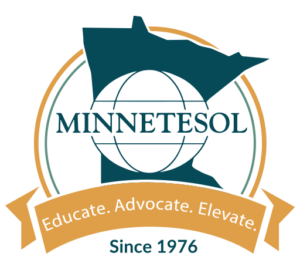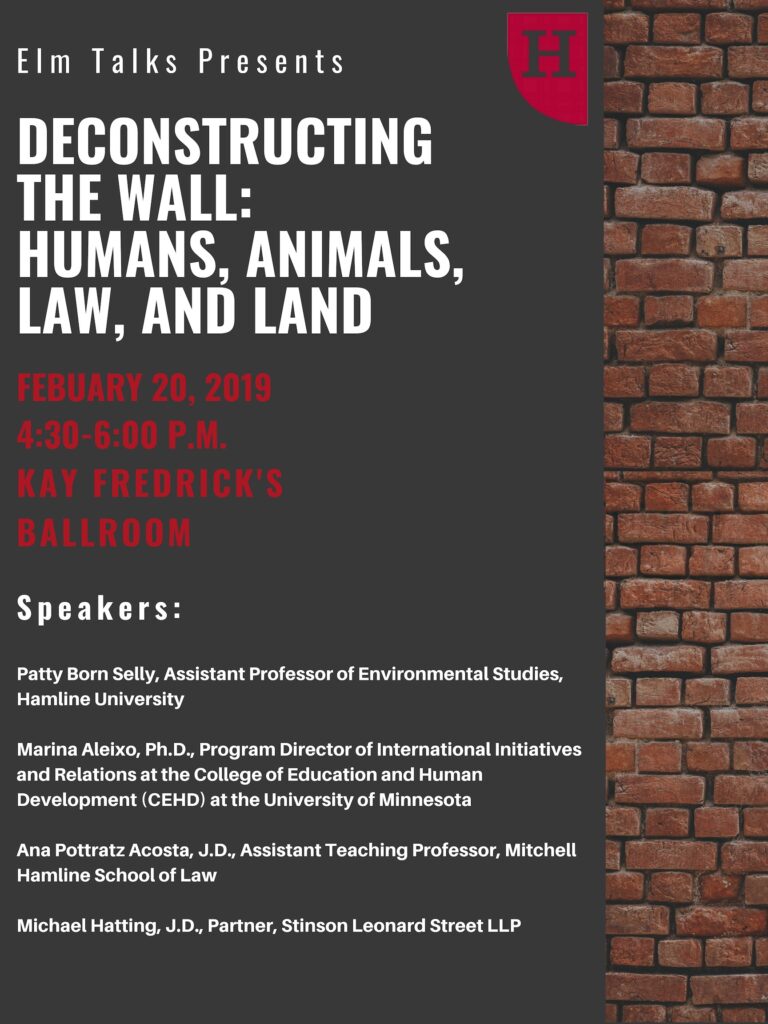Check out this great presentation from MELEd by MinneTESOL’s own Debbie Hadas and Bonnie Swierzbin. They give some great advice to consider as you prepare your presentation.
Presentation Types
- Workshop or Panel (90 minutes)
A workshop provides participants with a “hands on” experience in developing methods or materials, analyzing research data, or solving a specific research/teaching problem. In a workshop, there is very little lecturing; rather, the emphasis is on audience involvement. A panel explores a specific issue from the differing points of view expressed by participants. - Demonstration or Presentation (60 minutes)
A demonstration describes or shows audience members how to do something, e.g. a technique for teaching or testing language which affects development of one or more language skills. A presentation is designed for sharing a variety of aspects of teaching, e.g. a successful teaching strategy, activities, curriculum ideas and materials. - Paper or Presentation (45 minutes)
A presentation is designed for sharing a variety of aspects of teaching, e.g. a successful teaching strategy, activities, curriculum ideas and materials. A summary of action research or a graduate thesis or other paper would also be appropriate for this option. This is also a great option for graduate students or other newer presenters!
How will proposals be rated?
The rubric used for judging the proposals is below.
All proposal submissions will be blind reviewed. Do not include your name in the summary or abstract of your proposal. Including your name in the summary or in the abstract will automatically exclude your proposal from consideration. All proposal reviewers will use the evaluation criteria and scoring rubric below. Total possible score is based on a scale of 15 points.
| Criterion | Excellent/5 | Good/4 | Satisfactory/3 | Fair/2 | Poor/1 | |
1 |
Are the proposal abstract and title clearly written? (The abstract should weigh more heavily than the title in rating the proposal.) | The proposal is succinctly written and the title clearly describes the session. | The proposal is clearly written and the title clearly describes the session. | The proposal is adequately written and the title generally describes what the session will entail. | The proposal needs some additional work. The title may or may not describe what the session will entail. | The proposal clearly needs significant work. The title may or may not describe what the session will entail. |
2 |
Is the proposed topic relevant, interesting and useful to all or some of the MinneTESOL conference attendees? | The proposal represents issues of immediate relevance, interest and usefulness to many MinneTESOL conference attendees. | The proposal is timely, interesting and useful for many MinneTESOL conference attendees OR is immediately relevant and very useful to a smaller, possibly underserved[1] group of attendees. | The proposal is timely, interesting and useful for some MinneTESOL conference attendees. | The proposal’s topic is less timely or of little use or interest to MinneTESOL conference attendees. | The proposal’s topic is irrelevant and of no use or interest to the MinneTESOL conference attendees. |
3 |
Is the session based on best/recommended practice, does it add to attendees’ foundational knowledge or does it present current research within the ESL field? | The session is solidly based on best or recommended practice, adds to important foundational knowledge or presents high quality current research in the ESL field. | The session is based on best or recommended practice, adds foundational knowledge or presents current research in the ESL field. | The session makes some mention of best or recommended practice, foundational knowledge or current research. | The session refers only to historically established practices, common foundational knowledge or research > 10 years old. | The session refers to few practices, little foundational knowledge or few research contributions in the ESL field. |
| [1] Examples of underserved groups include rural educators with few resources, tutors, and teachers of workplace English. | ||||||

